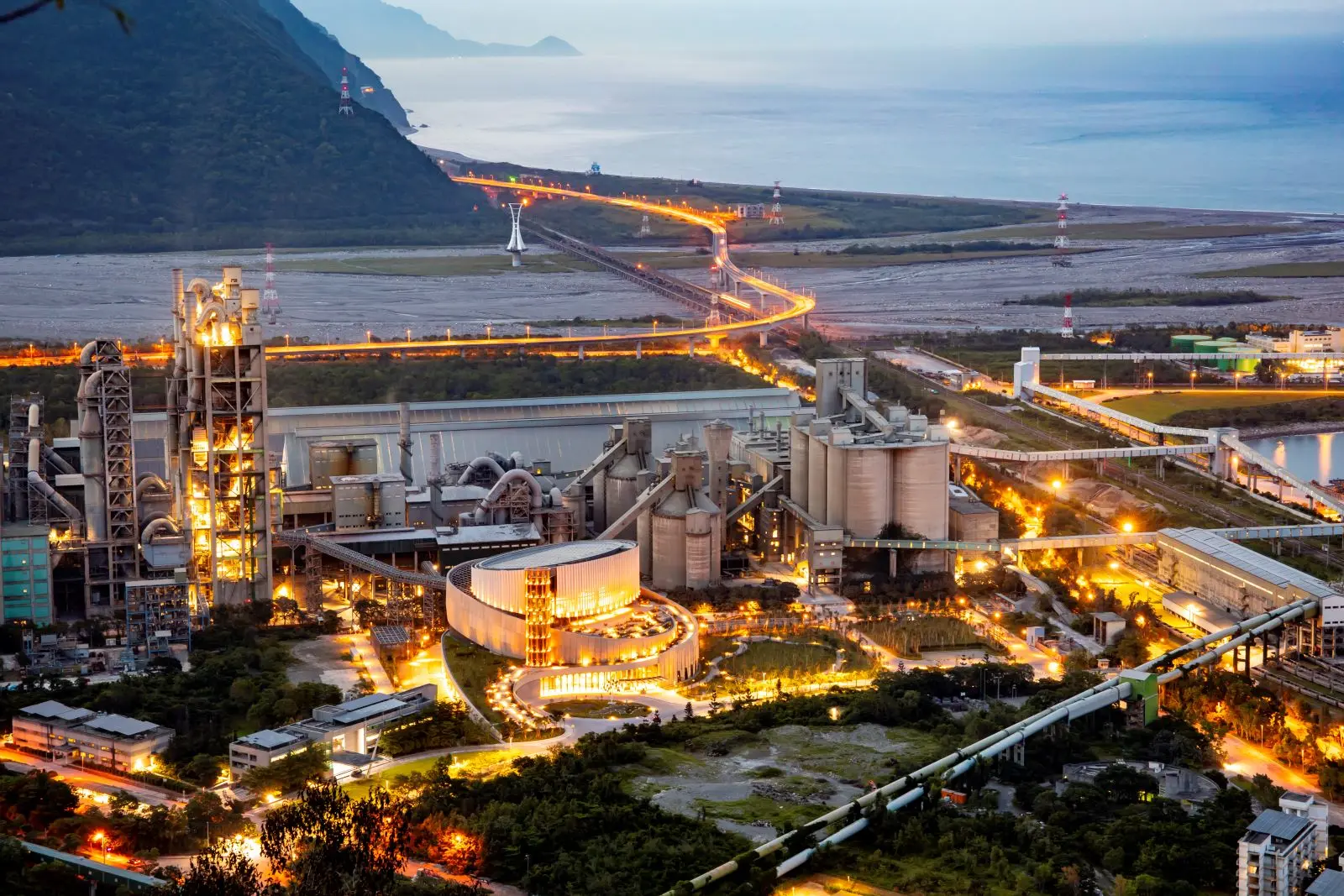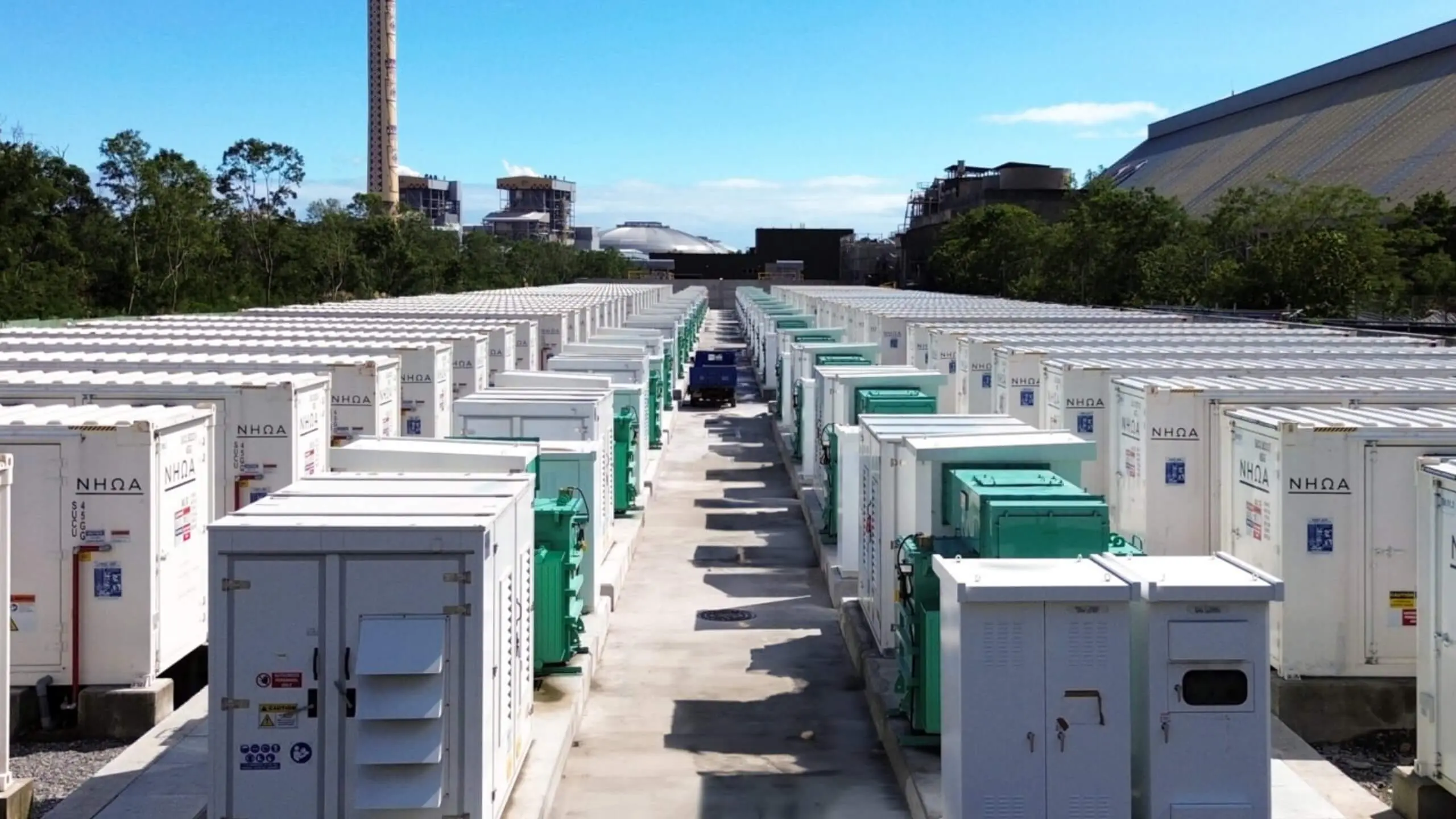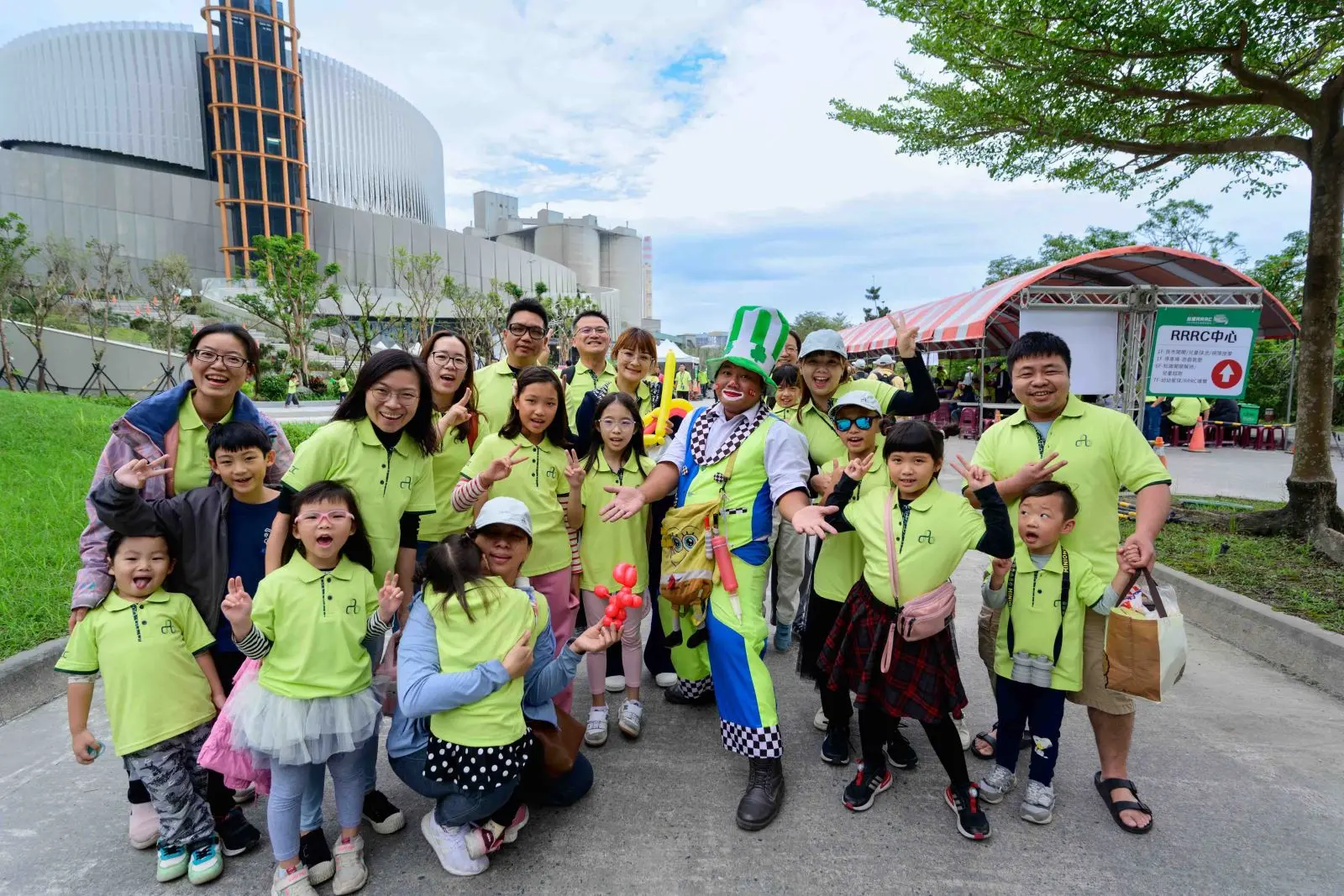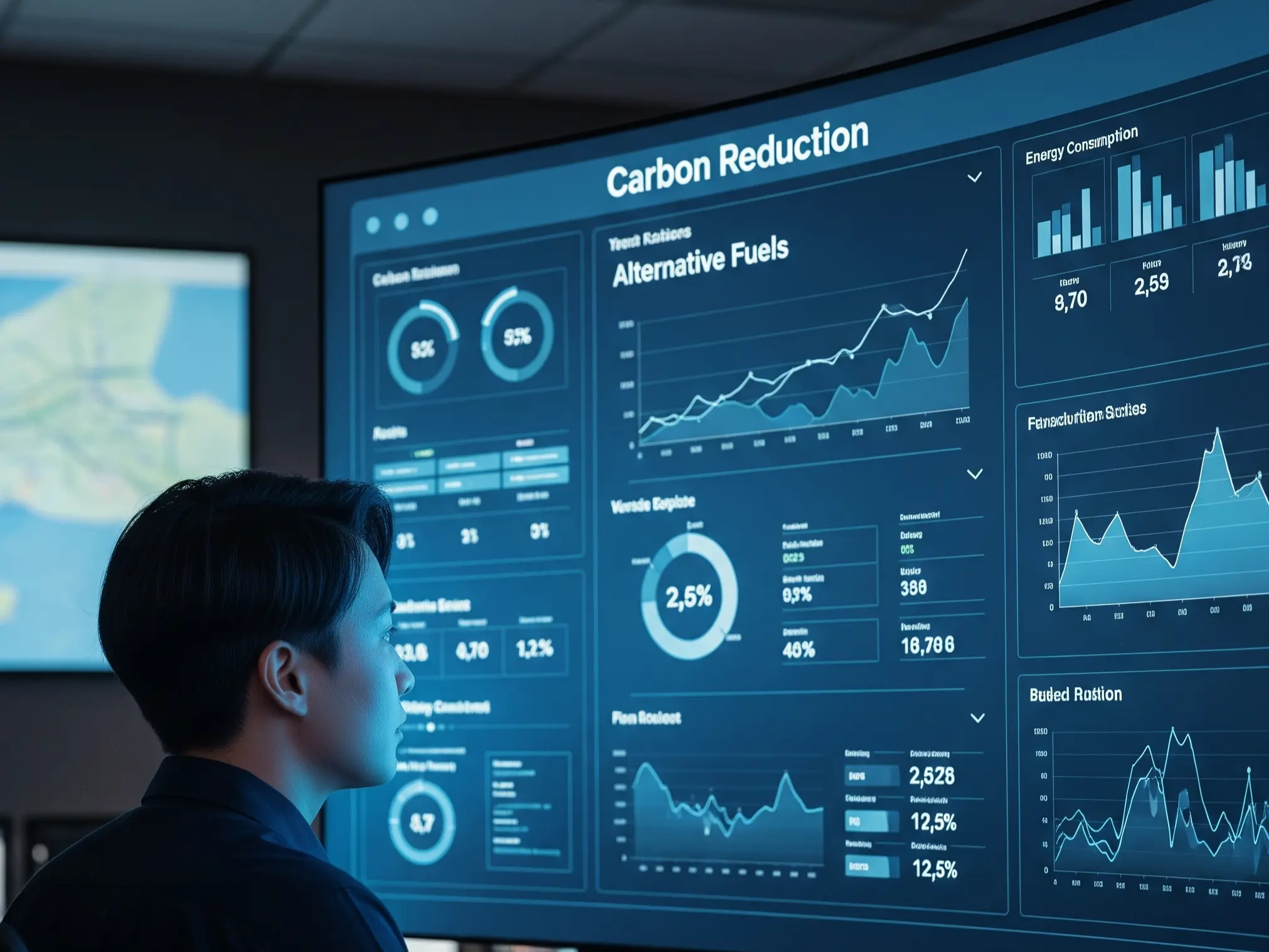Carbon Emissions (SBT)
Net Zero by 2050
In 2024, TCC Group Holdings adhered to the 1.5°C pathway in accordance with the COP26 Climate Summit resolutions, setting science-based targets (SBT) for 2030, and committing to achieving net zero by 2050.

“That is the path we must succeed for the 30 years to come, the path of the carbon revolution!”
ChairmanNelson An-ping Chang

The First Cement Company in East Asia to Commit to Net-zero by 2050, While Also Passed its 1.5°C SBT Goal.
TCC's cement business operations in Taiwan and mainland China, along with its European subsidiaries CIMPOR and OYAK, all passed the SBTi 1.5°C validation. They have also committed to and established a 2050 net-zero plan.
Setting Status of Subsidiaries of TCC Group Holdings | |||
|---|---|---|---|
NEAR TERM | LONG TERM | NET-ZERO | |
Taiwan+Mainland China | 1.5°C | - | COMMITTED |
CIMPOR | 1.5°C | 1.5°C | 1.5°C |
OYAK Cement | 1.5°C | 1.5°C | 1.5°C |
- Date passed: January 10th , 2025
- TCC Group Holdings has committed SBT 1.5°C target
Base year: 2016. A target was set for the year 2030 (compared to the base year of 2016) to reduce
Scope 1 carbon emission intensity
-23.9%
Scope 2 carbon emission intensity
-64.4%
The combined carbon emission intensity reduction for Scope 1+2
-26.8%
- Date submitted: July 2nd, 2024
- Commitment passed: TCC received the official notification from SBTi on July 24th, 2024.
- Target Setting for NET-ZERO and Schedule
Stage 1: Calculating Scope 3 emissions, TCC has completed 15 Scope 3 carbon inventories in Taiwan, and has expanded to the Mainland China plants by the end of 2024
Stage 2: Expected to pass the SBT expert panel by the end of 2025
TCC SBT Target Setting History
- In December 2019, TCC committed to reduce carbon emissions in accordance with the SBT method, and to set goals based on the SBT well-below 2°C pathway
- In July 2020, the SBTi review is passed. Base year: 2016. A target was set for the year 2025 (compared to the base year of 2016) to reduce Scope 1 carbon emission intensity by 11% and Scope 2 by 32%
- In July 2024, TCC renewed the goals based on the SBT 1.5°C pathway, which were approved in January 2025
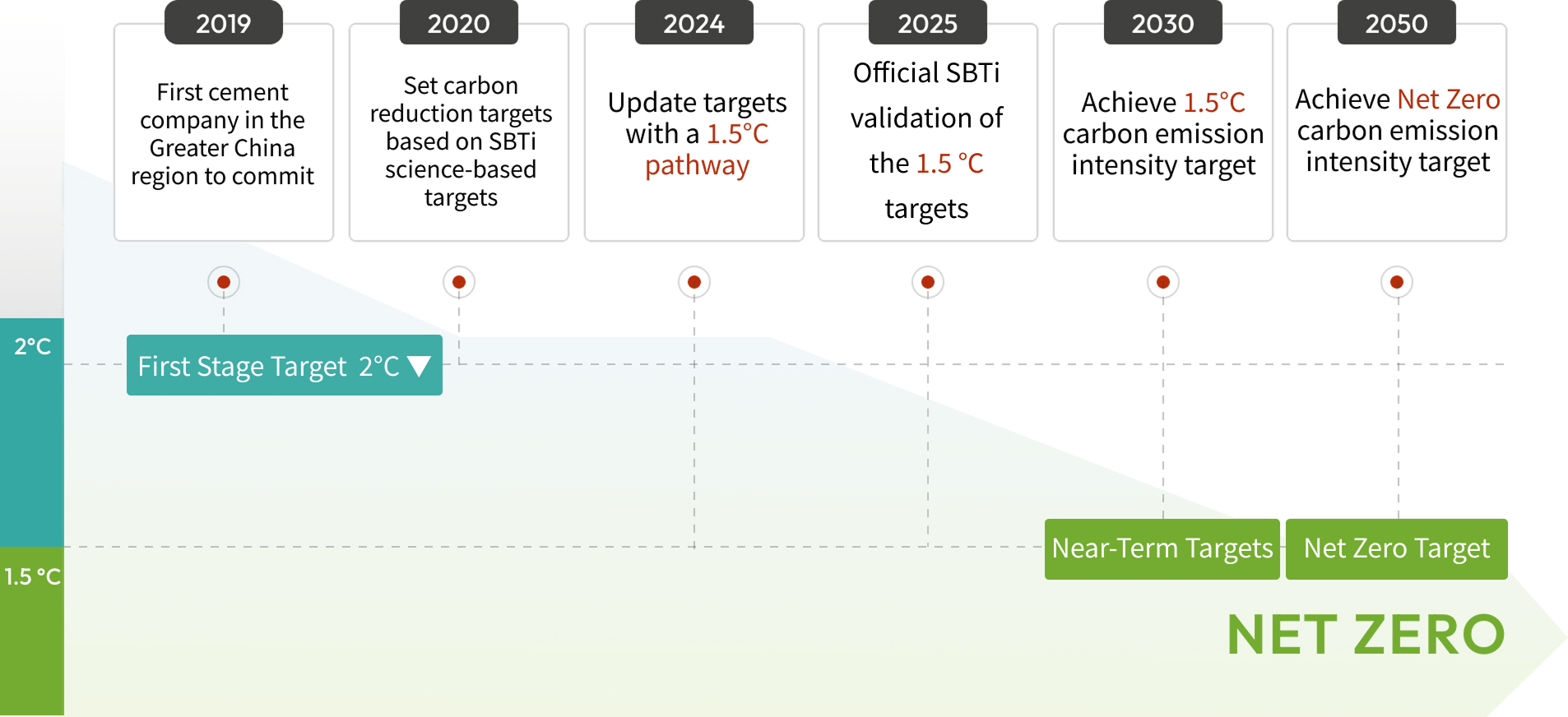
TCC SBT Target and Emission Intensity
2016 | 2017 | 2018 | 2019 | 2020 | 2021 | 2022 | 2023 | 2024 | 2025 | 2026 | 2027 | 2028 | 2029 | 2030 | |
|---|---|---|---|---|---|---|---|---|---|---|---|---|---|---|---|
SBT Well-below 2°C | 0.755 | 0.745 | 0.736 | 0.727 | 0.718 | 0.709 | 0.700 | 0.692 | 0.683 | Aligning with the SBT 1.5°C target | |||||
SBT 1.5°C | - | 0.645 | - | 0.552 | |||||||||||
TCC Performance | 0.755 | 0.736 | 0.738 | 0.740 | 0.733 | 0.724 | 0.709 | 0.686 | 0.668 | - | - | - | - | - | - |
Note
- Base year (2016) emissions: 35,991,990 metric tons CO2e
TCC 10 Decarbonization & Green Transition Strategies

Alternative Raw Materials

Alternative Fuels
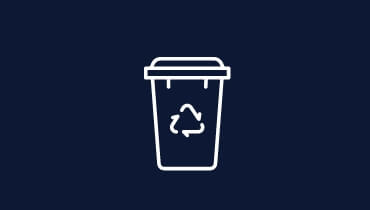
Alternative Clinker*Note 1
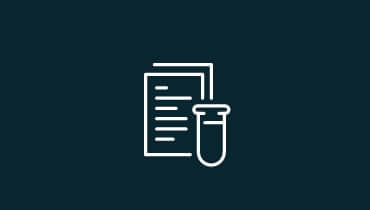
Equipment & Process Enhancements
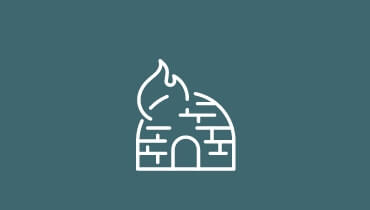
Power Generation by Waste Heat Recovery
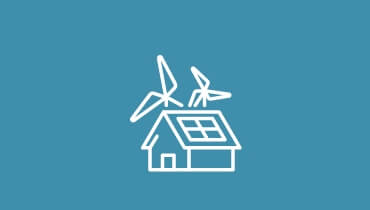
Renewable Energy
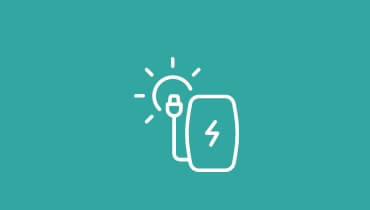
Energy Storage
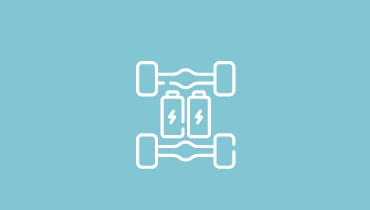
Power Cells
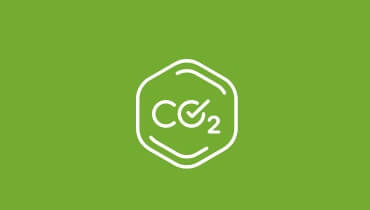
Carbon Capture
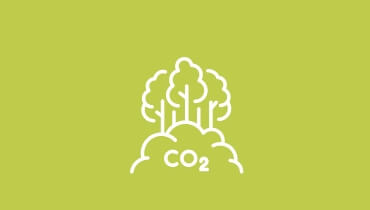
Carbon Sink
Note
- New materials
- TCC will evaluate the progress of strategies and technological developments both domestically and internationally to neutralize residual emissions and/or further mitigate emissions beyond its value chain using carbon credits. These credits may be purchased from external or internationally verified sources, or from captured carbon in alignment with government policies for carbon credits.


